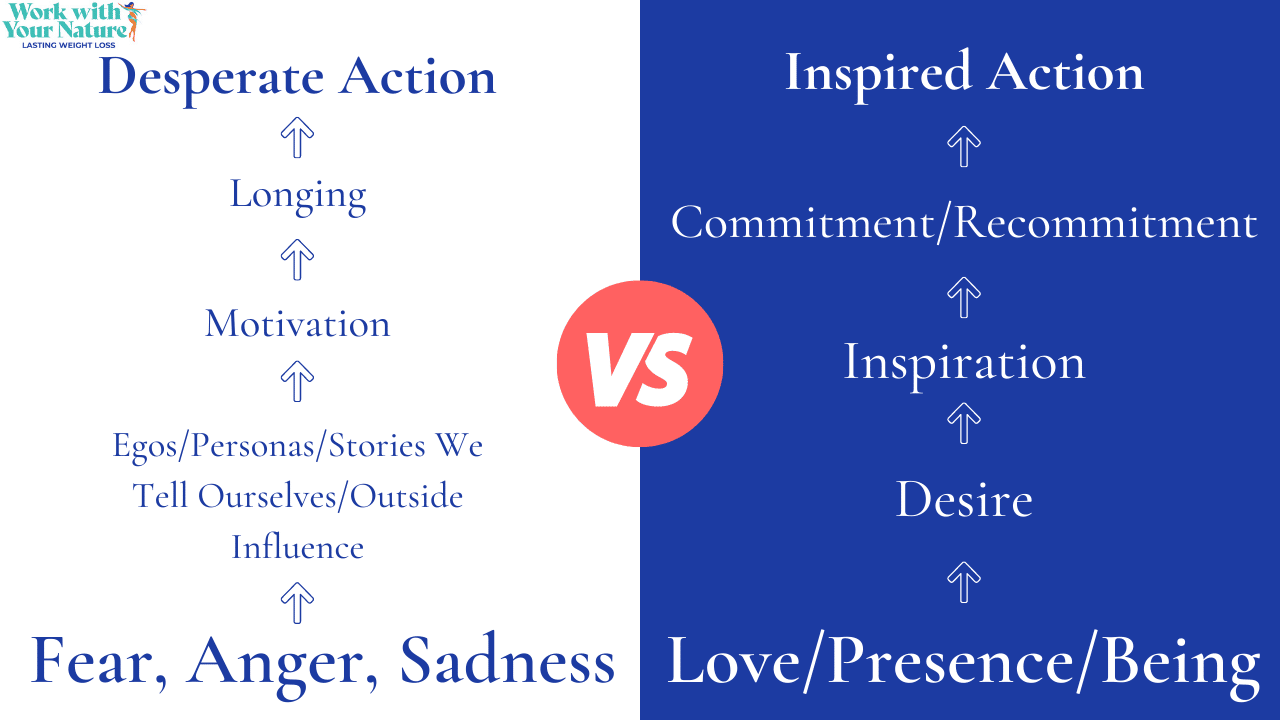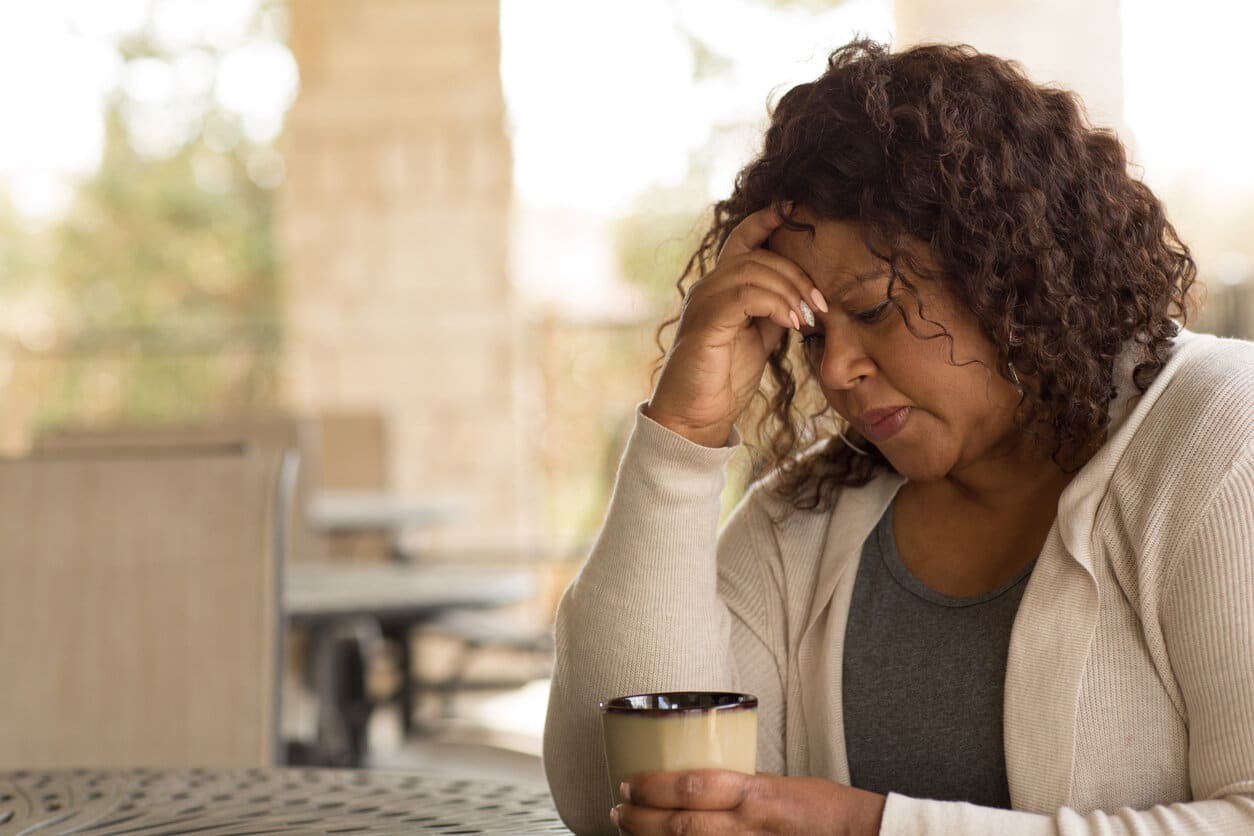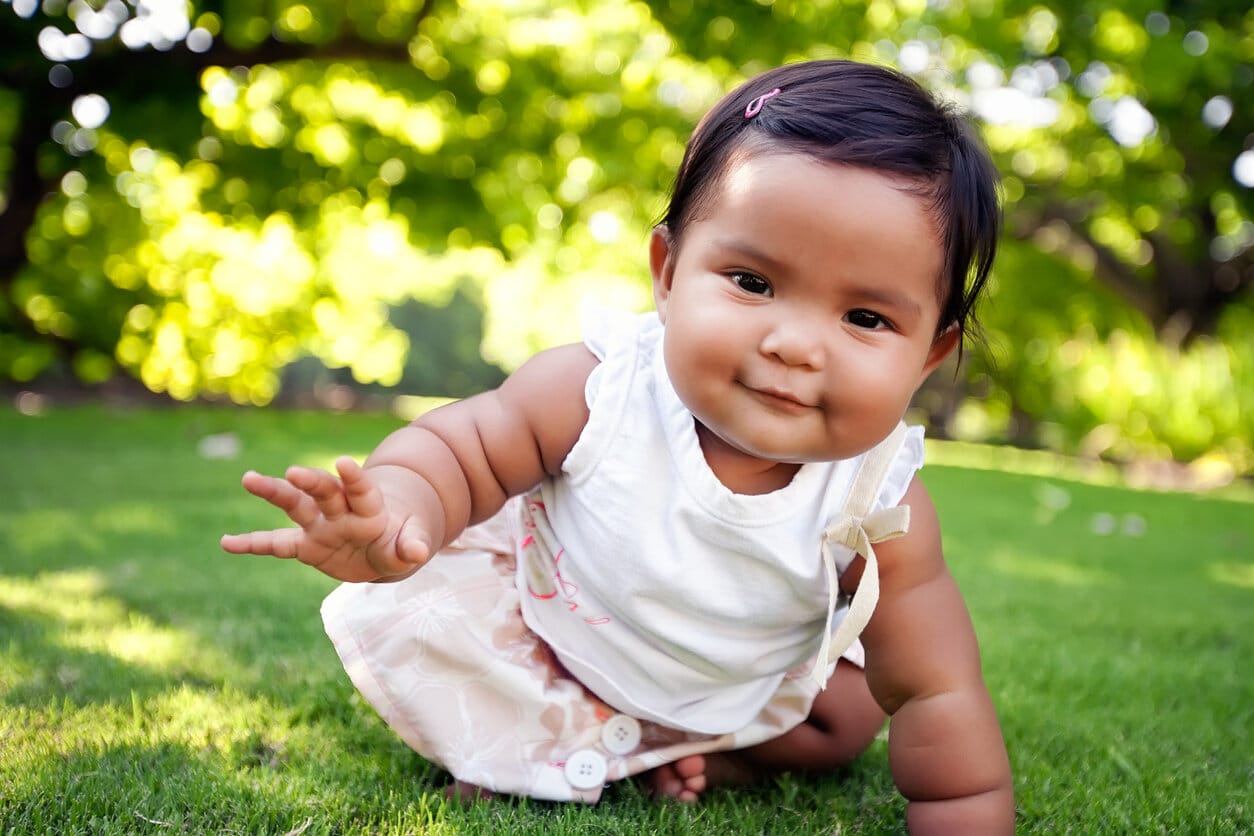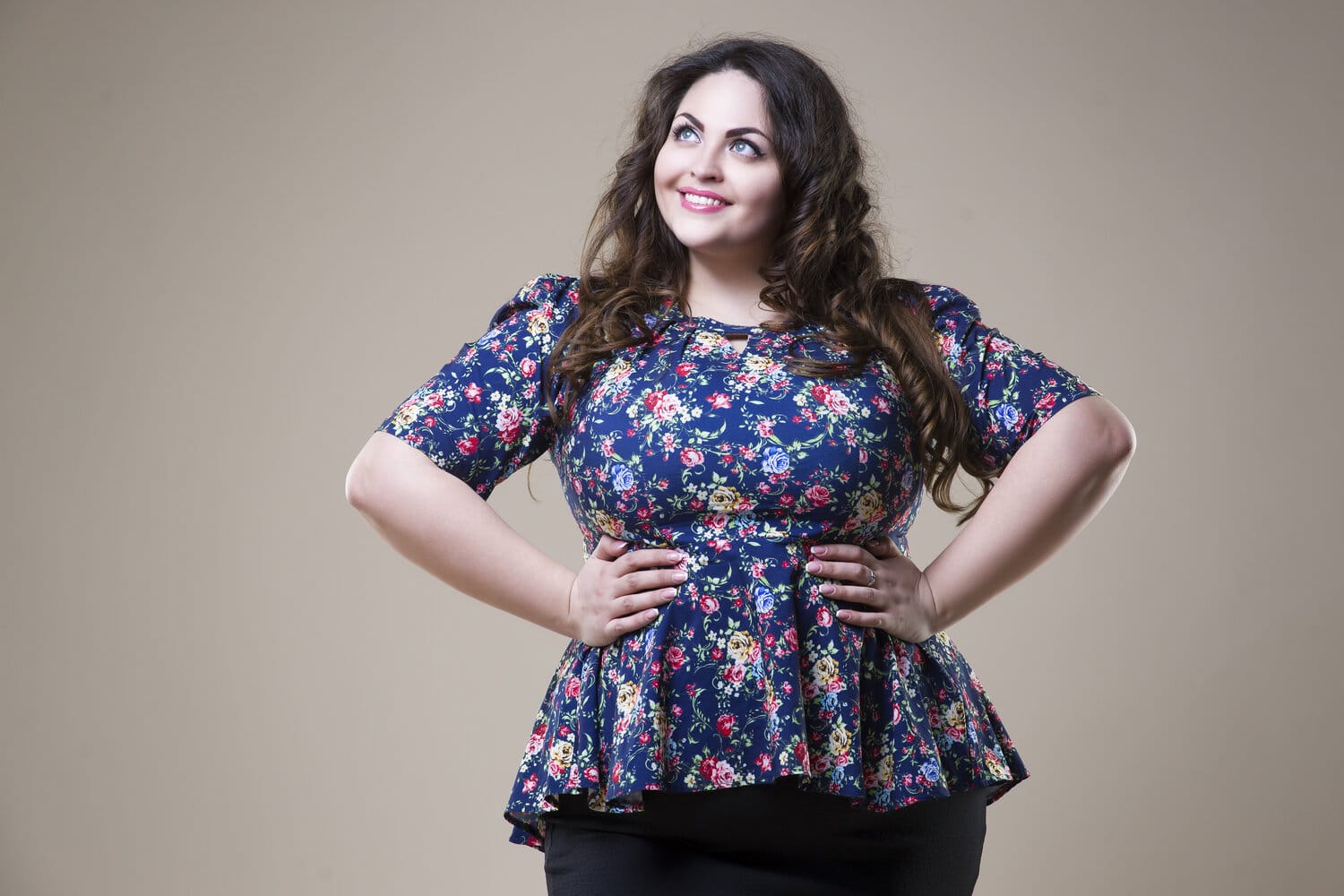I have a few audiobooks and podcasts that I listen to regularly for inspiration.
Based on this idea, I have decided to create a podcast dedicated to inspiring you to stop dieting and suffering and to start losing weight in a healthy, sustainable, and loving way.
Below is the audio of my first podcast!
And below that is the transcript of the audio.
I hope this informs and inspires you!
Below is an illustration depicting the 2 different paths that lead to very different types of action.

Inspired Action VS Desperate Action
Audio Transcript
What is self-love? And why is it important in the weight loss process?
When we embark on a journey for weight loss or for improving our health, we often come at it from a motivation that’s external.
It may be a scary diagnosis, it may be an idea that we have that certain people are going to judge us, by the way we look, maybe we also are judging ourselves, we look in the mirror, and we think we don’t like what we see.
Or we may even feel disgusted with ourselves or just regret.
Like, can I be like I was so many years ago?
All of that is coming from a place of negative self-talk.
So whether it’s an externally motivated desire to please other people, or from a scary diagnosis and a doctor is telling us something we have to do, or it’s coming from a place of critiquing ourselves, and really, ultimately not accepting ourselves for who we are in that moment, all of that comes from a negative place.
And it creates a desire that is based on fear.
From there, we may feel motivated to make a change.
“I’m so fed up with myself, I have to do something or else.”

“I’m so disgusted with the way I look and the way I feel, what in the heck am I doing here, I have to make a change.”
Or, “I’m scared. And if I don’t do something, then something really bad is going to happen to me.”
So there’s that motivation, but it’s coming from a negative place.
From there, we usually will have some kind of longing, “I long to get to where I need to be.”
“I long to no longer be afraid.”
“I long to look like I used to look.”
And that longing usually results in desperate action, action that may not feel so good, it may feel restrictive, it may almost feel like punishment.
But that’s okay because we’re afraid or we know that we have to do something quickly, or it will be dire straits.
Or, “This is awful, I’ve treated my body poorly for so long, I have to do something now it’s just repulsive.”
And that route, that longing, and that action are related. Because now the action we’re taking may not be the best action for us.
It may involve deprivation and suffering and restrictions.
It may involve starving ourselves or being hungry or just feeling uncomfortable, or forcing ourselves to do things that are very difficult, and that we hate.
This is not a very sustainable model.
So that’s the fear-based model.
An alternative to that is a love-based model. And this is hard.
People ask me, “Well, what do you mean love? How do I come out of a place of self-love? What does that even mean? I don’t even understand that.”
So imagine yourself as a baby or just imagine a baby. And the baby is lying on its back. And, we’ve all seen babies before as adults, right?
When they’re happy and they’re not hungry or otherwise uncomfortable they sit there in a state of pure being and presence.
And really, it’s pretty joyful to see that.
That is the baby is in touch with his or her own self, her true self, which some people call “essence”.
And so that state of being is very pure. There’s no hate. There’s no self-hate. There’s no fear. There’s no regret or guilt or blame. It’s just pure being.

We all were babies once and although some of us may reflect back on when we were babies and feel like we weren’t cared for properly or we weren’t loved.
That’s the reality. Right? That happens.
But can you just for a moment imagine yourself as a baby lying on the floor on a blanket looking up at something? Maybe a mobile or something.
And just being in that state of being of just observing what’s above you, and maybe you see a face, and you’re curious about that face, and you’re a baby.
So you’re in the moment, and your arms and your legs are usually moving nonstop.
And you’re really just being present.
We all have that in us, we were all babies. That never left us, we still have that; that state of pure being. And may I even venture to say, pure love.
Because when you’re present, you’re not worrying about the future, you’re not regretting the past, you are just being in that moment.
We all have that essence at our core as adults, you could be two months old, nine months old, nine years old, 90 years old, it doesn’t matter, you still have that essence within you, you are still that baby.
The only problem is that life has caused us to pile on top of that essence.
Negative emotions that maybe we have not released for many years, maybe negative emotions we experienced when we were babies, and we didn’t get the attention that we deserved, and the love that we deserved, that we all deserve.
And so we pile on emotions, there’s sadness, there’s fear, there’s anger, and usually, those are at the root of most of our emotions.
And so we have to cope. Right, and how do we cope?
Well, we have our essence and on top of that we have emotions and on top of that, we create these personas. And then on top of that actions.
That is not my unique idea. That comes from Katy and Gay Hendricks of the Hendricks Institute.
But it really spoke to me because I realized that we all have that essence at our core, and then we are afraid.
And so we start to have a persona or an ego, a way that we act, that is not really who we are, it’s a way for us to cover up that fear or to cope with being in this world.
That is hard. There’s no doubt about it.
And we have lots and lots of personas that we create. And I’m not going to go into all of that.
But the model that I described to you where we act, we take action for our weight loss out of fear.
And then that creates a sort of persona, where we are the overweight person trying to lose weight.
Or maybe we’re not overweight at all, and we’re constantly being that person who’s active and healthy. And that becomes a persona even and of itself.
Yeah, but that those personas are not at that core at us.
And just imagine again that baby, you as a baby, who you are; pure being and pure love, that is who you are.
And anything else that comes out of it is more of a layer that we’ve kind of put on top of ourselves.
So when we think about losing weight, it can come from that essence, from that baby, that pure being that pure love, then from there, we can be inspired.
Rather than being motivated, we can be inspired, and we can take inspired action.
And we can be committed.
And we will need to recommit because life is still there, those personas, those emotions, they’re still there.
And we struggle with them. I struggle with them every day. We all do.
But getting in touch with your essence, brings you back to “Okay, yes, I’m that beautiful little baby who just wants to be loved, and just wants to love. That’s all we want.”
And so from that place, and maybe you need some visualization to, you know, wake up in the morning and remind yourself that you are pure being, pure love, pure essence, at your core, and therefore, you are lovable.
And when you’re lovable, then you’re worth the effort.
And it opens up a completely different perspective on the weight loss process rather than being fear-based. We are now desire-based.
So from love, may come some desire, “Hey, I love myself and I want to take care of my body. I desire to be healthy, I desire to be active.”
“I desire to not be restricted by my physical body in the way that I have been.”
“I desire to nourish my body and give it the love that it deserves.”
That is essence- and love-inspired desire, which leads to commitment.
And then commitment is something that we have to redo every day.
You know, I commit to taking this action of eating more vegetables or exercising or getting to bed on time I commit to that.
But guess what tomorrow I have to commit again.
It’s called recommitting.
And you can do it 1,000 times you can do it a million times, it doesn’t matter.
We all do that. And that’s just part of the process.
So from love comes desire, inspiration, commitment, recommitment, and then we take inspired action.
Instead of taking action out of fear, that may be damaging or detrimental, or painful, we come at it from inspiration.
And inspired action feels good, it’s sustainable.
It’s a sustainable model.

“I’m doing this because I love myself, and I am that baby. And I am lovable. And I’m worth it. And I just want to do it because it feels good.”
That is, what I think is at the crux of the issue with weight loss, is that we’re going at it from the wrong angle; it’s negative, it’s judgmental, it’s blameful, or it’s regret.
It’s fear-based. And it’s sadness based often.
And that’s all part of who we are.
And I’m not saying that we deny that in any way, shape, or form.
And I would like to invite you to approach the process, remembering who you are at your core, and that is absolutely lovable, you are love.
At your core, you are just being in the present moment.
But I wanted to explain these two pathways to action, which are very, very different and result in long term very different results.
When you come at it from a place of love and inspired action, it is sustainable.
You can do it. You can wake up and you’re excited about taking care of your body instead of dreading it.
Hey, it’s probably going to be slower going.
But I’ve said this, and I’ll say it again: How many times do you want to do this?
If you go at it from the fear-based, deprivation, and longing that’s really not very good, it’s desperate action, then usually you will quit.
And then you have to do it again. Right?
That’s part of the pain and the trauma that we have is that we’ve done that so many times.
It’s time to take a completely different approach and come at it from love.
And that is what I’m hoping for you and for myself and for every human being on this earth. That we wake up every day and we just search for that part of us that is loved and lovable.
